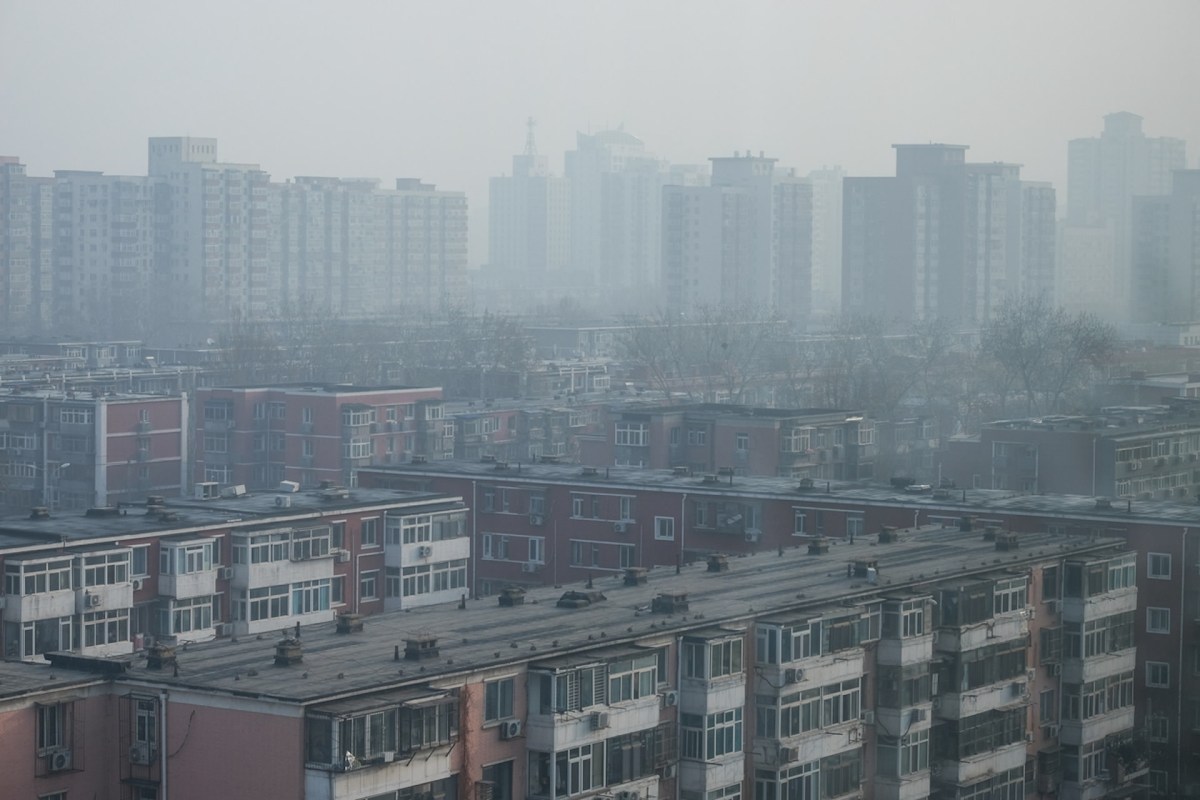China broke its 10-year streak of annual air quality improvements in 2023, according to a study released by the Centre for Research on Energy and Clean Air. Once known for having smog-shrouded cities, China launched its "war on pollution" in 2013, per the CREA study.
Though progress has been made, the recent increase raises questions about the effectiveness of China's anti-pollution measures and China's commitment to reducing air pollution.
What's happening to China's air quality?
According to the study, 80% of the provincial capital cities in China, including Beijing, experienced more air pollution this past year.
"The overall increase in human-caused emissions has pushed the pollution level higher, in addition to unfavourable weather conditions," CREA wrote.
In some areas, the production of energy from coal increased by 4.4%, and the production of electricity from heat increased by 4.3% in the last year. The increases in these types of power production indicate China is relying more on energy sources that produce more pollution.
Why is China's air quality concerning?
China's air quality and pollution levels were measured by the amount of harmful particles in the air. These particles can cause many health problems when inhaled, including heart disease and asthma, The Guardian reported.
Chinese authorities warned residents to stay inside and avoid outdoor activities in late October and November when severely high pollution levels hit northern China. In Beijing, the levels of harmful particles in the air were more than 20 times higher than suggested by World Health Organization guidelines, according to air quality data from IQAir, reported by Phys.org.
In addition to the negative health effects, the deterioration of China's air quality is raising concerns about the country's war on pollution. After years of improvement, a step backward could indicate China is less committed to its environmental goals.
What's being done about China's air quality?
China released a new action plan in late 2023, stating the nation has a goal of reducing harmful air particles by 10% by 2025, as compared to 2020 levels.
To do so, the country plans to promote the use of "clean vehicles" and conduct most cargo shipments by water or rail, among other things.
The international community should monitor China's adherence to its anti-pollution goals and encourage continued progress. Additionally, individuals can contribute by supporting clean energy initiatives, being mindful of their own production of harmful particles, and advocating for better environmental policies.
Join our free newsletter for weekly updates on the coolest innovations improving our lives and saving our planet.









